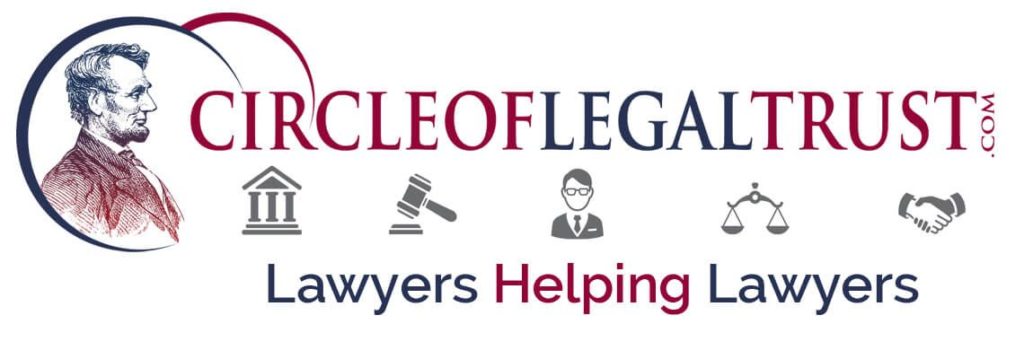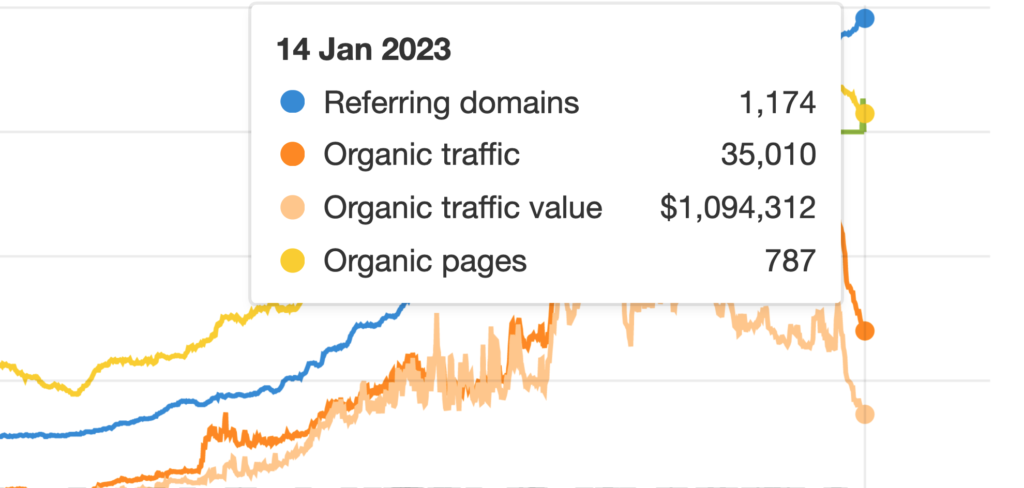Legal Ramifications of Google Admitting Some Sites “Excepted” From Algorithm Changes

By Michael P. Ehline, Esq. – Most of us who are members of the Circle of Legal Trust, are aware of the definition of a “Whitelist”. Many have questioned why some websites, regardless of their quality, never seem to lose organic rankings or get hit by algo shifts, such as Penguin and Panda. This treatise intends to point out “negative SEO” done and the search engine level. It’s called whitelisting. And it touches other damaging traps for the unwary that can shut your site off from Google and Bing. This really should come as no surprise to anyone. So the questions remain: Is claiming that the search engine “exception list” is not a “whitelist,” and vice versa, ethical, or legal? And is the previous denial of their existence and SERPS favoritism an unfair business practice?
We Rely Upon the Fundamental Fairness and Promises of the Engines to Not Rig the Results
The engines all say that buying Adwords won’t help your organic ranking and vice versa. They say that engaging in white hat SEO is the only way you can achieve a good ranking. They say “negative SEO” is virtually impossible. (I beg to differ and on many levels) And basically, they imply that the algo cannot and does not show favoritism, for lack of a better word. In
California, Business and Professions Code Sec. 17200 et seq, covers unfair business practices. And this includes things like false advertising, etc. So if a jury finds against Google in the pending European case, this could end up in California courts. And it could end up in any state that regulates false advertising.
So this is a huge issue for my favorite company. And I am a G stockholder. Most of all, I write this with great dissatisfaction of what this could do to my stock prices.
Is Fairness in the Algo What We See?
We see larger sites that employ lawyer “blog networks.” (and also have a rather large PPC spend). And we see the sites they control and optimize for attorneys, etc. And these are lawyers who keep on ranking, no matter what new penalty comes down the pike to switch up the algorithm. (read more.)
But when real attorneys who are outside these networks, and who also employ similar tactics, we see them disappear from the SERPS altogether. So what the heck is going on? Is this all a conspiracy theory, or hype, or just paranoia, or all of the above?
Sites on the “Exception List” Don’t Get Hit – CONFIRMED
Google and Bing reps both admitted at SMX West in San Jose that this has been going on since last week. And they have lists of websites that should not be hit by algorithms. They call this the “exception lists” And in more general terminology, they would normally be called Whitelists.
Did Google Accidentally Leak Discovery Relevant to an Ongoing Dispute at a Conference?
Several of my attorney friends think that someone screwed up. There is a legal battle overseas, where a major contention is that Google plays favorites with certain sites by excepting them. But this honest and apparent accidental disclosure, took a conference at SMX to reveal this.
I bet Google starts sending its engineers and speakers to a legal course from now on. Google is currently involved in a legal battle in Europe. And while this unexpected revelation was not intended to be harmful (to Google), it just could be.
Also, the term “whitelists” has been used with the European corporate counsel, who complained about Google in 2006. When the complaint was filed, it involved how some vertical search engines. Some got hit, and others did not, which is now being handled by the commission.
Attorney Julia Holtz, Google European corporate counsel in Brussels, said, the company does not “blacklist or whitelist” any websites. This brings up the question, were they truthful then, or are they truthful now? Is an exception list different than a whitelist?
What is the Difference Between a Whitelist and an Exception List?
What Google will say, is that it is not a “whitelist,” but rather it is an “exception list.” And this equates to the same thing in my mind, with Google making exceptions for individual sites. And this it has admitted. Supposedly there is no list for the latest Panda updates. But it may be made for sites wrongly demoted, which was a mistake in the algorithm that caused the drop.
That sounds fair to me. But the underlying question is why play hide the ball? Why not just have the lawyers admit this in legal proceedings. Why has this come out at an SEO conference? Clearly, someone screwed up.
Do No Evil?
My guess is overreaching counsel made several strategic and tactical errors here. I wonder what their hourly rate is? Maybe Google should hire me? I bet they would never get taken down for being a monopoly if they retained a few lawyers and me from the Circle of Legal Trust. Anyways, one of the main things about the complaint made by the Foundem is about being “honest.”
The claim made by Foundem was that Google was “unfairly manipulating results.” But Google claimed they did not change results manually, ever. What Google said, was that they could not change the results for Foundem’s, due to the algorithm.
But that does not seem to be true since it seems like they can do this. And aren’t algorithms manually created? Also, didn’t they finally admit that the algo is manipulated to develop exceptions? If I was on the jury, that is what I would find.
Google might find that the recent admission may not help their case in Europe. A good attorney can put this latest admission from Google together with the manual changes. One of the remarks claimed the spam team “is willing to take action manually if we get a spam report of off-topic porn and things like that.
So the judge would see that there is at least reasonable doubt about Google’s claims that they are not manually changing results.
Did They Cut off Their Nose with Their Latest Admission?
Honestly, I don’t blame Google themselves. I blame their lawyers. I have seen how defense lawyers play hide the ball, tick off judges and juries, etc. And this is precisely how and why many great companies get nailed with antitrust lawsuits.
And unless their lawyers have at least as much experience living, eating and breathing the algo like myself, for example, they are JUST lawyers. So unless they are constantly testing, learning from non-Google personnel and sources (SEO Moz, etc.), their defense attorneys are at a distinct disadvantage. And it would be no different than a general practitioner handling a quadriplegia case IMHO. Think about it.
Sources:
http://searchengineland.com/google-bing-have-whitelistsexception-lists-for-algorithms-67732
